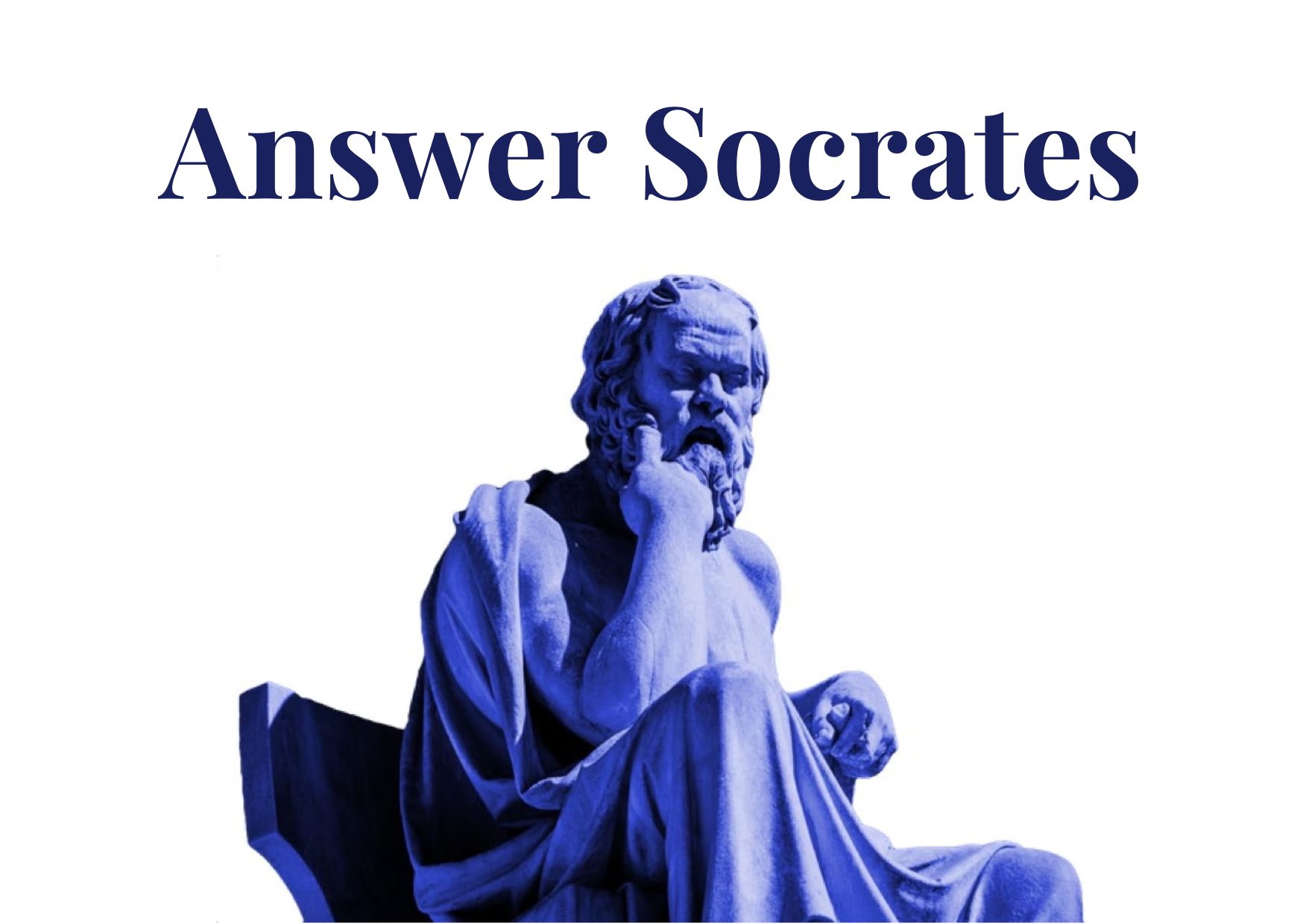
AI and the Classroom – The Impact of AI on Education
Welcome to the awesome world where artificial intelligence meets the classroom! This techy fusion is radically upgrading how we learn and teach. AI is making waves across industries, and guess what? Education is no different. With personalized learning journeys and snazzy automated grading systems, AI’s impact is as deep as diving into the ocean, but it sure does come with some thought-provoking challenges around privacy, fairness, and the age-old role of our beloved human educators. Dive into this digital exploration with us as we take you through the enchanting ethics of AI in classrooms and what it brings to the table for students and educators alike. For a deeper dive into ethical AI practices in teaching and learning, swing by Cornell University's resources.
The AI Takeover in Education
Artificial Intelligence is flipping the script on education, serving up innovative answers to those age-old teaching and learning conundrums. Let’s chat about how AI is jazzing up those classic classrooms and boosting those custom learning vibes.
Revolutionizing Old-School Classrooms
Picture this: educators upping their game using AI. Those smart classrooms equipped with AI-powered tools? They’re making interactive learning the next big thing! Smart classrooms with AI gear are popping up everywhere, and the learning experiences they offer were just a sci-fi dream not too long ago.
By analysing real-time student performance, AI systems assist teachers in quickly pinpointing and fixing learning glitches. And get this—AI-powered chatbots are there to fire off instant answers to student questions, giving teachers the time to tackle more challenging teaching tasks.
And hey, AI is breaking barriers with accessibility in education. Text-to-speech and speech-to-text tech is making sure students with disabilities are right there in the action, rocking inclusive and equitable learning opportunities. What's not to love?
Supercharging Personalized Learning
Customized learning tailored to each student’s whims and quirks? Yep, that’s where AI shines brightest! Those magical AI algorithms sift through heaps of data to craft personalized learning paths for every student. The systems adjust to match a student’s speed, preferred learning style, and tricky topics by providing tailored material and exercises. Struggling with fractions? No prob, the AI will serve up more practice or fresh explanations until those fractions are old news Plus, AI-powered adaptive learning platforms can peek into future performance plans based on current progress, swooping in with timely interventions. That predictive mojo means educators can jump in with support before academic hiccups even happen.
Navigating the Ethical Maze of AI
While AI is the cool new kid on the educational block, it’s not all fun and games, folks. We’ve got some serious ethical waters to navigate. Let’s delve into those pesky questions about privacy, keeping data secure, and the potential for “AI playing favourites” in education.
Guarding Privacy and Data
Rolling out AI in classrooms means collecting a TON of student data—which stirs up major privacy chat. Keeping sensitive student info safe is a must!
By analysing real-time student performance, AI systems assist teachers in quickly pinpointing and fixing learning glitches. And get this—AI-powered chatbots are there to fire off instant answers to student questions, giving teachers the time to tackle more challenging teaching tasks.
And hey, AI is breaking barriers with accessibility in education. Text-to-speech and speech-to-text tech is making sure students with disabilities are right there in the action, rocking inclusive and equitable learning opportunities. What's not to love?
Sneaky Bias and Fairness in AI Foo
AI systems need data, and the angle of that data—well, that can affect the system's vibe. In schools, a bias in AI could keep inequality alive and kicking.
Think if an AI digs into data mainly from top-tier schools in ritzy neighbourhoods, students from other backgrounds might get a raw deal from the system. This could lead to unbalanced evaluations or bum educational advice.
Automated grading systems also run the risk of bias. If they have a “type” for writing styles or solving methods they stamp as ‘good,’ students sporting different or diverse cultural backgrounds could end up unfairly scored.
Nixing this requires shaking up the data sets that train AI systems, giving them a fair spin regularly, and making sure a smart human keeps things in check to guarantee fair results for students across the board.
Setting Students Up for Success in the AI Era
Educators are the cheerleaders leading students to ace an AI-ruled future. It’s about more than tech skills—it’s about dialling up critical thinking and creativity.
Here’s what should hit centre stage:
- . Nailing digital literacy and AI savvy
- . Championing problem-solving and big-picture thinking
- . Sparking creativity and out-of-the-box innovation
- . Raising the bar on ethical AI smarts
Show students how to partner with AI, not duke it out with it. This means grasping AI’s strengths, mess-ups, and using tools like a maestro in different scenes. Plus, the emphasis should be squarely on lifelong learning. With the ever-evolving AI landscape, having the knack to adapt and learn new tricks is crucial for future mavericks.
Tech Meets Touch: Striking a Balance
The tech wonders of AI are pretty fab, but steering a balance between tech cool and face-to-face feels in education is pure gold. Human interaction in teaching is just eternal—it’s key to growing social and emotional skills and waking up creativity Educators should see AI as an aid to boost their craft, not a substitute. AI can tackle routine stuff, like grading quizzes, keeping teachers focused on high-impact activities like mentoring and delivering personal feedback Keeping spaces for face-to-face chats and group learning is important too. Those hands-on experiences fuel social interaction skills, empathy, and teamwork—Ace’s AI just can’t replace >Finally, it’s a good idea to nurture savvy thinking about AI itself. Students should be firing up those brains to question and assess AI-generated info, nurturing a wise scepticism that’ll steer them just right in an AI-infatuated world.





